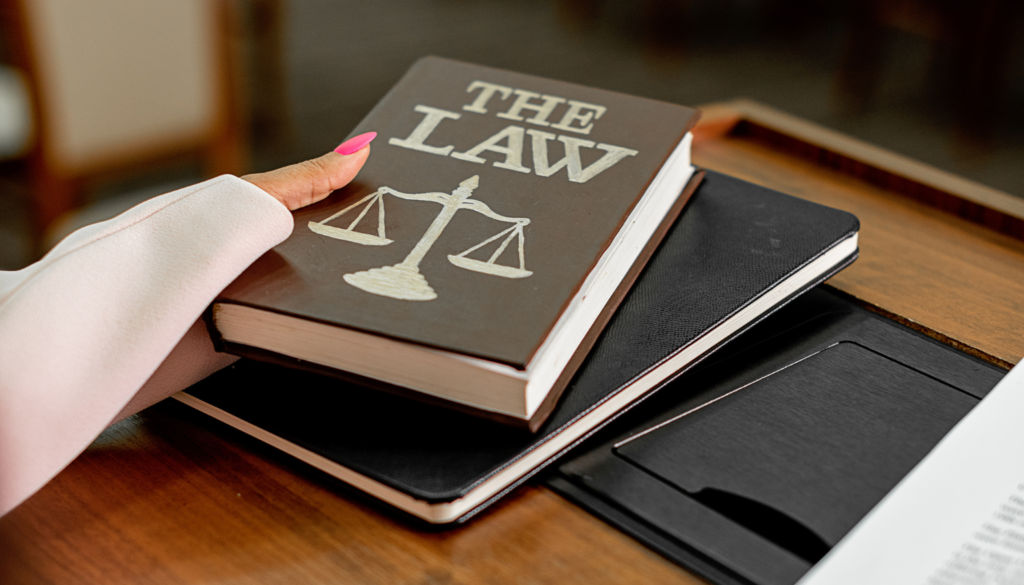Many people mistakenly assume that the terms lawyer and notary public are interchangeable. However, while there can be some overlap, a lawyer is not automatically a notary public. Both professions play crucial roles in the legal system, but they differ significantly in qualifications, responsibilities, and authority. The confusion often stems from the fact that, in some regions, lawyers can become notaries public more easily than non-lawyers. Despite this, their core functions remain distinct.
So, is a lawyer a notary public? Not necessarily. While a lawyer may choose to become one, the two roles serve different purposes. Lawyers provide legal advice, represent clients in court, and draft legal documents, whereas notaries public primarily verify identities, witness signatures, and certify documents. Knowing the difference is essential when seeking legal assistance or document authentication. This article will explore these distinctions in detail, helping you determine whom to approach for your specific needs.
What is a Lawyer?
A lawyer is a professional who is qualified and licensed to practice law. Lawyers represent clients in legal matters, whether in courtrooms, during negotiations, or in providing legal advice. They undergo years of academic study in law school and must pass rigorous bar examinations to earn the right to practice. Their primary role is to protect the rights of their clients, interpret laws, and guide individuals or businesses through legal processes.
A lawyer’s work can range from criminal defense to corporate law, family law, intellectual property law, and more. The scope of a lawyer’s duties extends far beyond simply witnessing documents or administering oaths. They analyze legal issues, draft legal documents, and provide comprehensive legal strategies tailored to their client’s unique situations. Their work is highly specialized, and they are bound by strict codes of professional conduct to ensure ethical practice
What is a Notary Public?
A notary public is an official appointed by a government authority to perform specific acts related to the authentication of documents and the verification of signatures. The primary duty of a notary public is to prevent fraud by confirming the identity of individuals signing documents and ensuring that they are signing willingly and knowingly. A notary public does not provide legal advice unless they are also a licensed lawyer.
Their responsibilities include administering oaths, taking affidavits, witnessing signatures, and certifying copies of documents. The process of becoming a notary public varies from one jurisdiction to another, but it usually requires an application, some training, and passing a notary examination. Unlike lawyers, notaries public generally do not represent clients in court or handle disputes. Their authority is focused on ensuring the authenticity and proper execution of documents. In many cases, they work in offices, banks, law firms, or independently.

Key Differences Between a Lawyer and a Notary Public
While both a lawyer and a notary public play important roles in legal matters, their functions are not the same. A lawyer represents and advocates for clients in legal issues, while a notary public primarily acts as an impartial witness to deter fraud in document execution. Lawyers can draft contracts, negotiate settlements, and represent clients in trials, whereas notaries focus on confirming identities and ensuring the proper signing of legal forms. Another key difference is in the level of education and licensing required.
Lawyers typically need years of formal education and must pass a bar exam, whereas becoming a notary public usually involves a shorter, less complex process. In some jurisdictions, lawyers automatically receive notarial authority once licensed, but this is not universal. Additionally, the ethical obligations of lawyers include confidentiality and client advocacy, while notaries must remain neutral and avoid conflicts of interest. Understanding these differences helps avoid confusion when deciding whom to approach for legal or document-related matters
When a Lawyer Can Be a Notary Public
In certain jurisdictions, a lawyer can also be a notary public. This dual role can be advantageous for clients because it allows one professional to provide both legal advice and document authentication services. In many cases, once a lawyer is licensed to practice, they may automatically have the authority to perform notarial acts without undergoing a separate application process.
This makes it easier for them to certify documents for their clients, witness signatures, and administer oaths. However, even when a lawyer serves as a notary public, they must still adhere to the ethical standards of both professions. They must ensure impartiality when acting as a notary and avoid conflicts between their duties as a legal advocate and their responsibilities as a neutral witness. For clients, hiring a lawyer who is also a notary public can save time and streamline processes, especially when both legal guidance and notarization are needed in the same matter
When to Consult a Lawyer vs. a Notary Public
Deciding whether you need a lawyer or a notary public depends on the nature of your needs. If you require legal advice, representation in a dispute, or help with complex contracts, a lawyer is the right choice. They have the expertise to interpret laws, negotiate on your behalf, and protect your rights in legal proceedings. On the other hand, if you simply need a document authenticated, a signature witnessed, or an affidavit sworn, a notary public is typically sufficient.
In situations where the legal document is straightforward but still requires formal verification, a notary public can provide a quick and cost-effective solution. However, it is important to remember that a notary public cannot offer legal guidance unless they are also a lawyer. In more complex situations, even if notarization is required, consulting a lawyer first can help ensure that your legal interests are fully protected before signing any documents
Benefits of Using a Lawyer Who is Also a Notary Public
Working with a lawyer who is also a notary public can offer significant benefits. You gain access to a professional who can provide both legal advice and document authentication without the need to visit multiple offices. This combination ensures that the documents you sign are not only legally sound but also properly notarized for official use. It can be especially helpful in matters such as real estate transactions, estate planning, and business agreements, where both legal expertise and notarization are often required.
Additionally, a lawyer-notary can help identify potential legal issues before you sign, which a standard notary public might not be qualified to do. This can save you from costly mistakes and disputes in the future. By having both skill sets in one professional, you streamline the process, maintain consistency, and enjoy greater convenience in handling your legal and notarial needs.

Conclusion OF Is a Lawyer a Notary Public?
While a lawyer is not automatically a notary public, there are situations where one person may be qualified to serve in both capacities. Understanding the distinct roles of each profession is essential to making the right choice for your legal or document verification needs. Lawyers are legal advocates who provide comprehensive legal services, while notaries public are impartial witnesses focused on preventing fraud in the signing of documents.
In some jurisdictions, lawyers can act as notaries without additional certification, offering clients the convenience of both services in one place. If you need expert legal guidance along with reliable document notarization, our team is here to help. We have experienced professionals who can serve as both your legal advisor and your notary public, ensuring your matters are handled with expertise, accuracy, and efficiency. Contact us today to discuss your requirements and let us provide the trusted services you need for peace of mind

